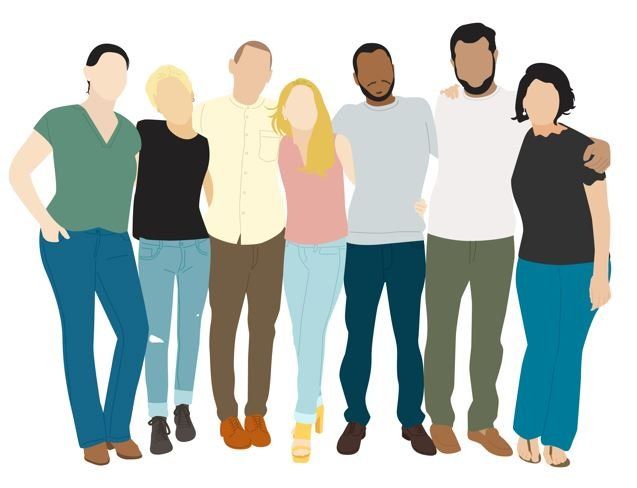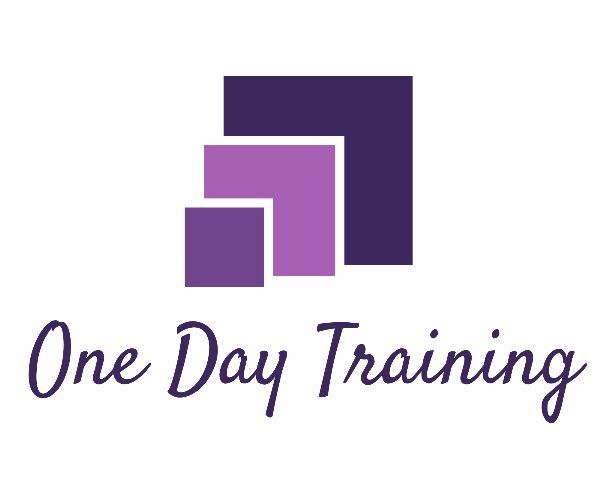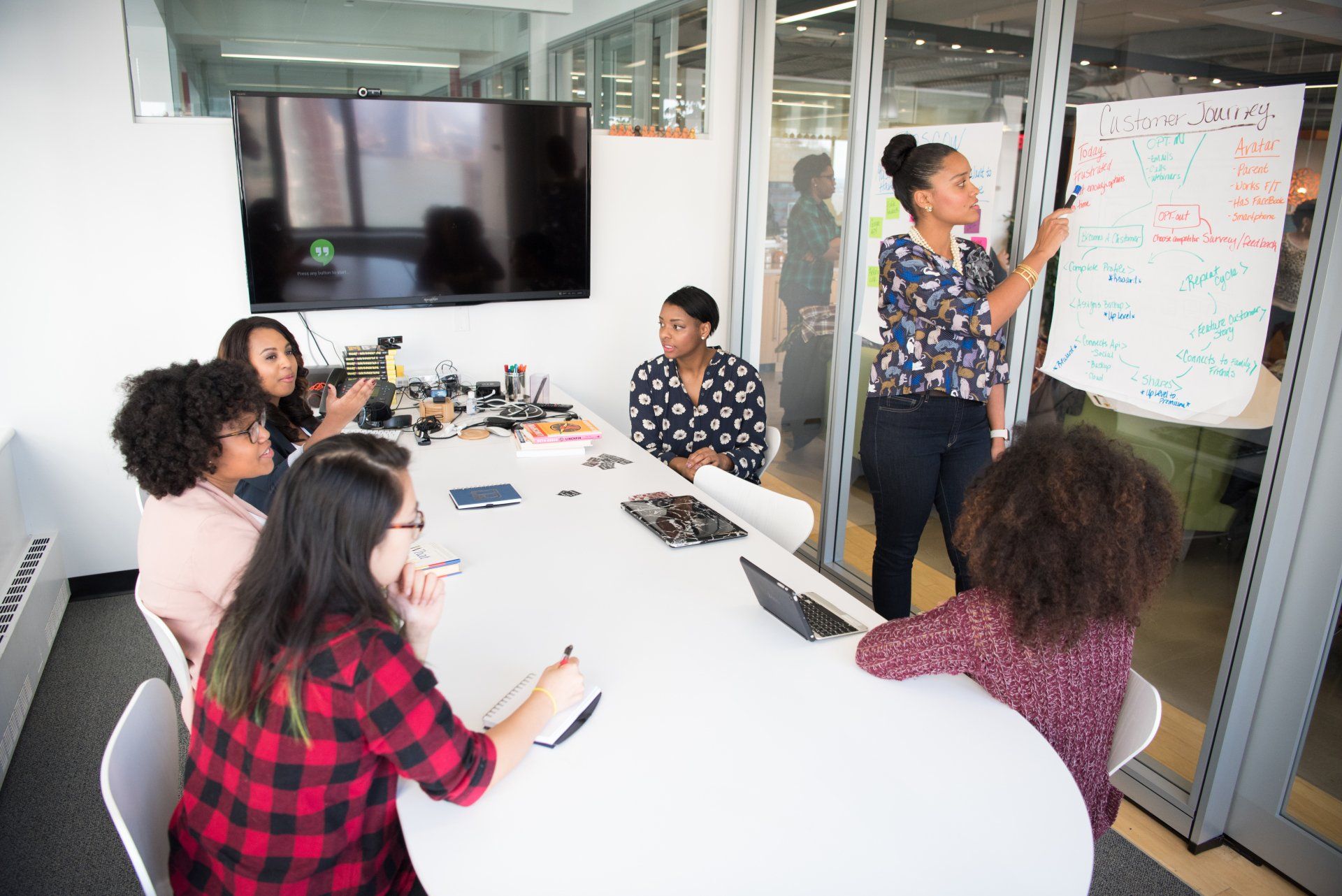Facilitation Techniques to use with Groups

It can be hard, it can be challenging, but it can also be uplifting and rewarding. Facilitation of a group to work through a problem or gain insights, solve a problem or just to communicate better is both a science and an art.
Is it a process; how you do something. It is needed to generate the next steps for the group, so the facilitator acts as the guide. Through collaboration and cooperation everyone in the group can participate in the solutions or decisions to be made. It’s about getting the group unstuck, discovering the real problem, looking for assumptions and working on agreed solutions.
A useful definition is: “Facilitation is a purposeful, systematic intervention into the actions of an individual or group that results in an enhanced, ongoing capability to meet desired objectives.”
So what tools might a facilitator use to get the group collaborating? (some of these you will already be familiar with)
- Paraphrasing – using your own words to check that you have understood the situation or question.
- Summarising/reflection – providing a short break with a quick summary of the key points so far. Repetition will help ensure that everyone is agreed on what has been agreed.
- Including quiet people – Ask for their opinion, or advice. Use their name to encourage them to speak. Ensure that they are in a small work group where they have the chance to speak up and not be overpowered by a stronger team member.
- Probing Questions or reactions – work out the mood of the group, ask for a thumbs up or down to see what people think of an idea. Probing questions are intended to help the group think deeply about the issue. If a probing question doesn’t have that effect, it is either a clarifying question or a recommendation with an upward inflection at the end. Watch out: if you find yourself asking “Don’t you think you should …?” or “What would happen if …?” you’ve gone beyond a probing question to giving advice. The facilitator often doesn’t have an answer to a genuine probing question.
- Being positive – not everyone is comfortable speaking in a group situation, but when they do offer some encouragement and praise for their engagement. Showing someone that their participation is valued helps them feel more confident.
As the facilitator you will need a range of skills, from simple – managing the time, to more complex like managing conflict and energy levels in the room. Research these skills via YouTube and online articles, many books are available too, either from libraries or downloads.
Carol Speirs
September 2022
Reference
resources for probing questions:
http://schoolreforminitiative.org/doc/probing_questions_guide.pdf
Illustration Reference
https://www.freepik.com/vectors/people'>People vector created by rawpixel.com
Ideas, views and other weird stuff. Search the blog:











